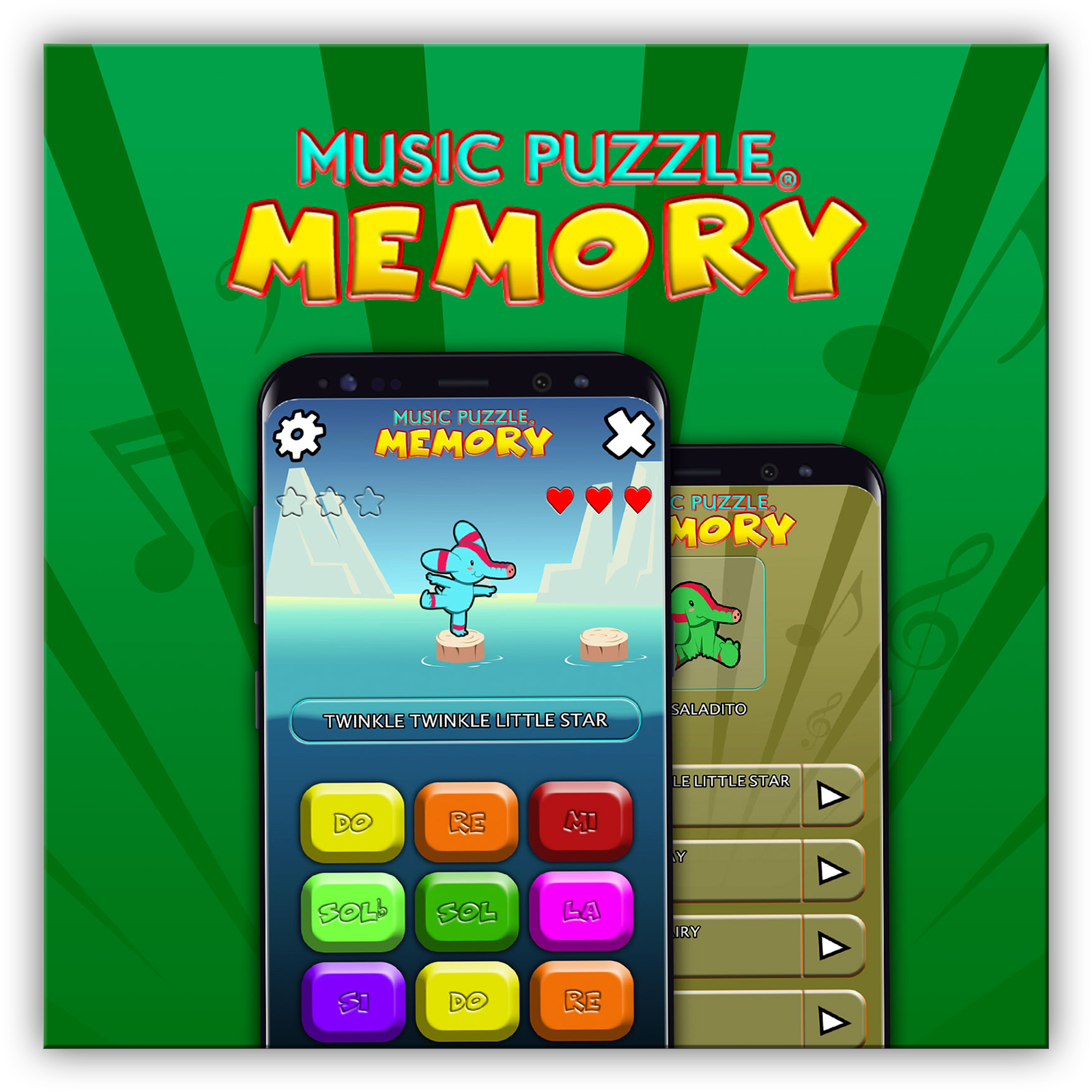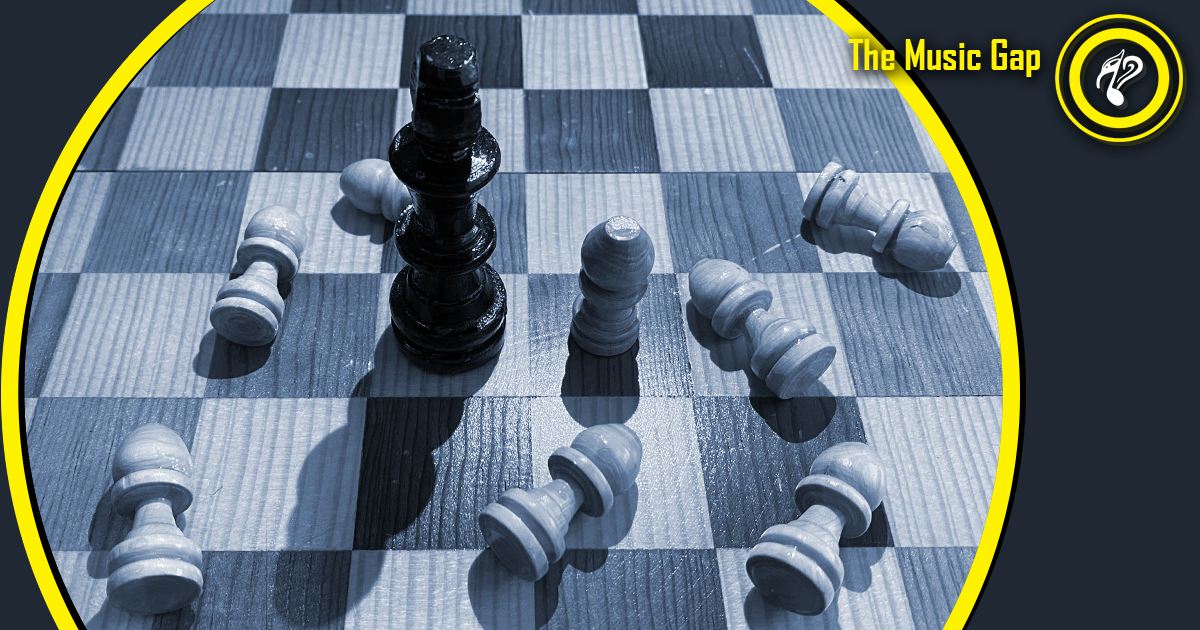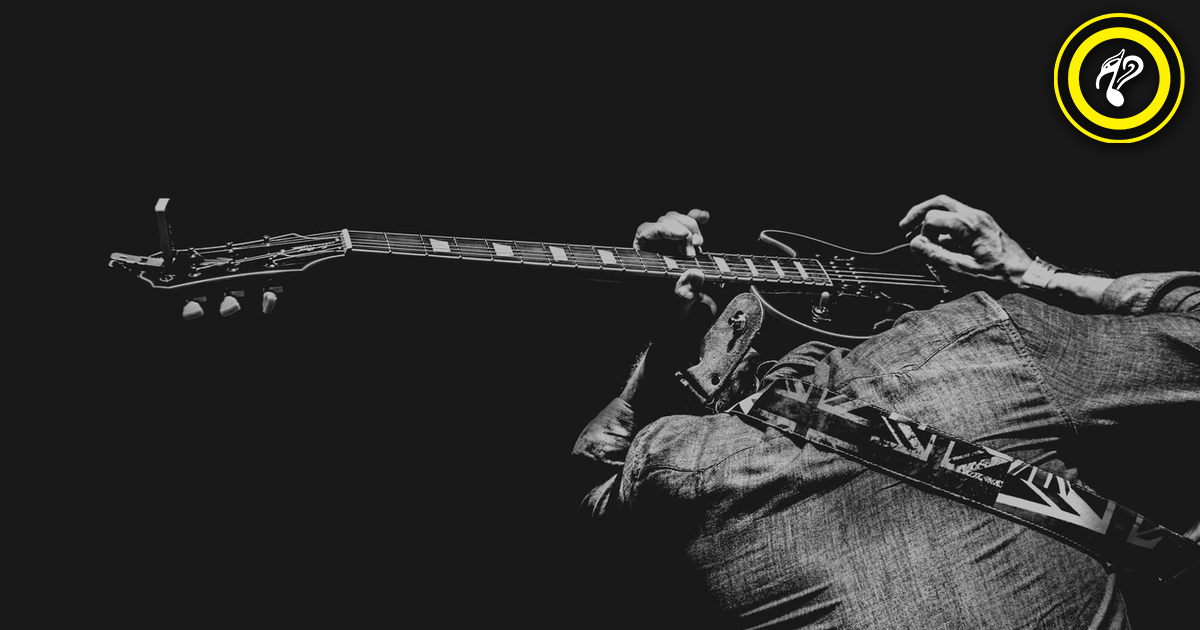Emotional Goals in Music Production
What makes a song sound sad or happy? How much do the elements of time, instrumentation, tonality or even the audio mix influence the way we feel about songs?


Emotional focus is an essential concept in today's music because it helps pave the way forward during a song’s creation. If the producer is unclear, they can accidentally turn a potentially incredible song into a complete disaster.
First, what is a music producer?
A music producer is in charge of maintaining, defending, and empowering the emotional goal of a song through creating arrangements, recording, or mixing in a specific context. Their responsibilities require logistics control, resource management, recording and mixing knowledge, composing music, and writing lyrics, as well as emotional intelligence to lead his entire team on the best path through the production of a theme or disc.
Learn more about the different roles in the music industry here.
Usually after the composer finishes composing a song, it is shown to a trusted producer, who immediately creates a document with the first impressions caused by that song.
Their job is to write down everything that comes to their mind during that first series of hearings and the document would look something like this:
First impressions
Verse 1: Lost, intimate, lonely.
Precoro: Change of direction, more energy, it shows more joy.
Chorus: Explosion! Happy, confident, steady rhythm, power, magic, love, clapping!
Bridge: Sincerity, declamation, promise.
Emotional Goal
Verse 1: Intimacy, vulnerability, weakness
Precoro: Mood change, everything gets better
Chorus: Ecstasy, teamwork, bigger than life
Bridge: Decision, attitude
Once the emotional objectives have been written down, the producer must start the process to gradually advance towards the desired emotional goal and begin to make creative decisions such as choosing the most suitable tempo (bpm- beats per minute) for each structure. A slight change on the beat sometimes has a much greater impact than we think.
Here is a somewhat extreme example of the group ABBA:
DANCING QUEEN Slowed Down:
Suddenly, a song that expressed a teenager's joy during a 70s disco night becomes something much sleepier, and there’s now discord between what the lyrics and the music say.
This shouldn’t happen! The emotional goal of the song is clearly joyous, not sleepy.
If something as basic as tempo changes a song so much, imagine the impact that the choice of instrumentation or the style would have. Would "Dancing Queen" be the same song if it was done in a slow blues or heavy metal fashion?
Dancing Queen (metal cover by Leo Moracchioli):
There, the same song seems to have been written for a drunk teenager at a pool party, which isn’t a criticism! This version would definitely have much more resonance today with someone in that context; if that had been the emotional objective, we could consider it a resounding success.
The key word here is resonance: how can your song resonate enough with a listener, so that they can identify with it?
There isn’t a single magic formula for achieving successful resonance, but there are some concepts that translate to music if we objectively look at them:
Let's say we want to express loneliness, we should ask ourselves first: What is loneliness like? I know the feeling, but objectively speaking, what is it like?
- It's intimate, redundant, and solitary: a solo instrument can represent that better than an ensemble.
- Loneliness is almost never noisy; we’re usually absorbed in our own thoughts and tend to speak softly, which means the dynamics can be smooth.
- Time seems to be slower: our song would do best in a slow tempo.
- Loneliness is a type or mood of sadness: we can use a minor key.
- If there is something that hurts us: we can intentionally provoke and accentuate some sound dissonance.
This is just one example of little analogies that we use to try to get to the emotional goal.
Great producers such as George Martin (The Beatles), Quincy Jones (Michael Jackson), Butch Vig (Nirvana) or Bob Rock (Metallica) really understood the essence of their artists’ songs. They made sure that the music best expressed its message to the audience in a precise, committed, and elegant way.
In the end, reaching the emotional goal could also be an analogy to the art of stone carving. We have the raw material, and our job is to polish it enough to convey what we want to express.

What songs resonate with you the most when you are sad or happy?
Write to us!
If you enjoyed the article, you'll love these games:







